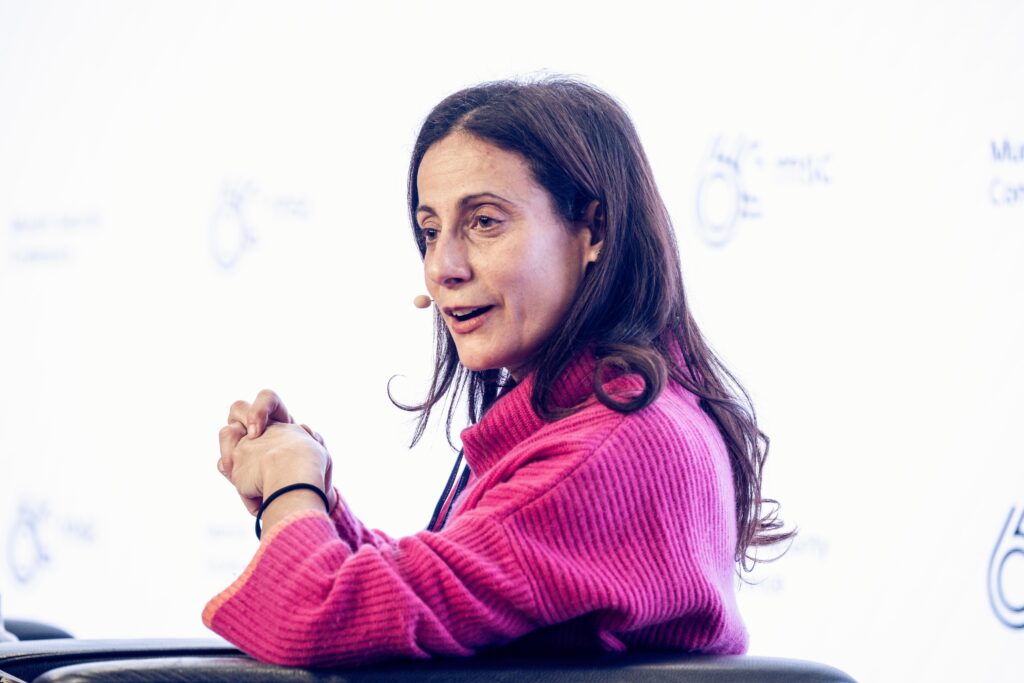After Donald Trump’s inflammatory words against NATO, the assassination of opposition leader Alexey Navalny by Russia, the US Congress blocking military aid to Kyiv worth 60 billion dollars and the withdrawal of he Ukrainian army from Avdiivka, due to insufficient Western support – thus handing Russia its first battlefield victory since the capture of Bakhmut last year – it was thought that European leaders would step forward. Their participation in the Munich Security Conference should have been an opportunity to transform European anxiety about a possible return of Trump and the recognition of the continent’s deteriorating security into a real turning point.
American disengagement in Europe
The messages from the Americans present in Munich should have further strengthened European determination. While supporting America’s global commitment to Europe and Ukraine, Vice President Kamala Harris – in a speech that seemed aimed more at Michigan voters than at those present in Munich – did not hide that some (or perhaps many ) in the United States think differently, and push for disengagement, isolationism and transactionalism. Republican members of Congress present confirmed this. When Congressman Pete Ricketts, immediately after listening to President Volodymyr Zelensky’s impassioned speech, equated Ukraine’s problems with Russia to those of the United States on the border with Mexico, isolationism (to be kind) was obvious. The trajectory of US isolationism became even clearer when Senator JD Vance had the audacity to assert that Vladimir Putin poses no existential threat to Europe. I still hope and believe that Congress will approve this year’s aid package for Ukraine, but every day that passes without this approval translates into Ukrainian lives lost. And even in the event that this is approved, US military support for Ukraine is an increasingly uphill battle. Ukraine’s victory and European security increasingly depend on Europeans.
There is more and more talk about European defense, but it is still not enough
On the European side, it would be unfair to say that nothing is happening. Commission President Ursula von der Leyen has spoken out forcefully in favor of European defence. In the prelude to what has become your official candidacy for a second term, you declared that, if re-elected, your Commission will appoint a defense commissioner, who could be assigned to an Eastern European country. EU High Representative Josep Borrell and outgoing Dutch Prime Minister (and perhaps next NATO Secretary General) Mark Rutte have also made strong calls for greater European defense. And there are not just words: France and Germany recently followed the example of the United Kingdom, signing bilateral security pacts with Ukraine, and Italy followed them in the agreement signed a few days ago in Kyiv between Zelensky and the Prime Minister Giorgia Meloni. Danish Prime Minister Mette Frederiksen has declared that her country will send all the artillery it has to Ukraine. Czech President Petr Pavel announced that Prague can send 800,000 rounds of ammunition to Kyiv. In addition to existing programs for the reimbursement of military supplies and ammunition, the EU is expected to launch a €3 billion program to boost defense production. Significantly raising the level of ambition, Estonian Prime Minister Kaja Kallas has proposed a €100 billion defense Eurobond plan, garnering support from several European leaders, including French President Emmanuel Macron.
But this is not enough. In Munich, German Chancellor Olaf Scholz refrained from approving the sending of Taurus cruise missiles to Ukraine. Macron and Polish Prime Minister Donald Tusk did not show up and failed, together with Germany, the United Kingdom, Italy and others, to turn the Conference into their “whatever it takes” moment for Ukraine. There appears to be no plan B if the United States were to default on the $60 billion promised to Kyiv.
The situation in Ukraine is disastrous, perhaps more than you think. Avdiivka does not have huge strategic importance, but it is certainly more important than Bakhmut, which was lost almost a year ago. The Russian offensive is expected to continue, threatening to roll back the modest territorial gains made by Ukraine in its counteroffensive. While not necessarily likely, a collapse of the Ukrainian defense line cannot be ruled out.
The Europeans have made considerable progress and the situation in 2025 could improve significantly, as the European defense shoots sown over the last year begin to bear fruit. This is an aspect of existential importance, especially if the specter of Trump’s return to the White House were to materialize. But 2025 is still a long way off and much more needs to be done urgently, through European and not just bilateral policies, to ensure that Ukraine holds the line and is able to regain its military advantage.
The war in Ukraine can be lost or won, there is no middle ground. And since Europe’s security passes through Kyiv, it is up to the Europeans, first and foremost, to ensure that Ukraine succeeds.
